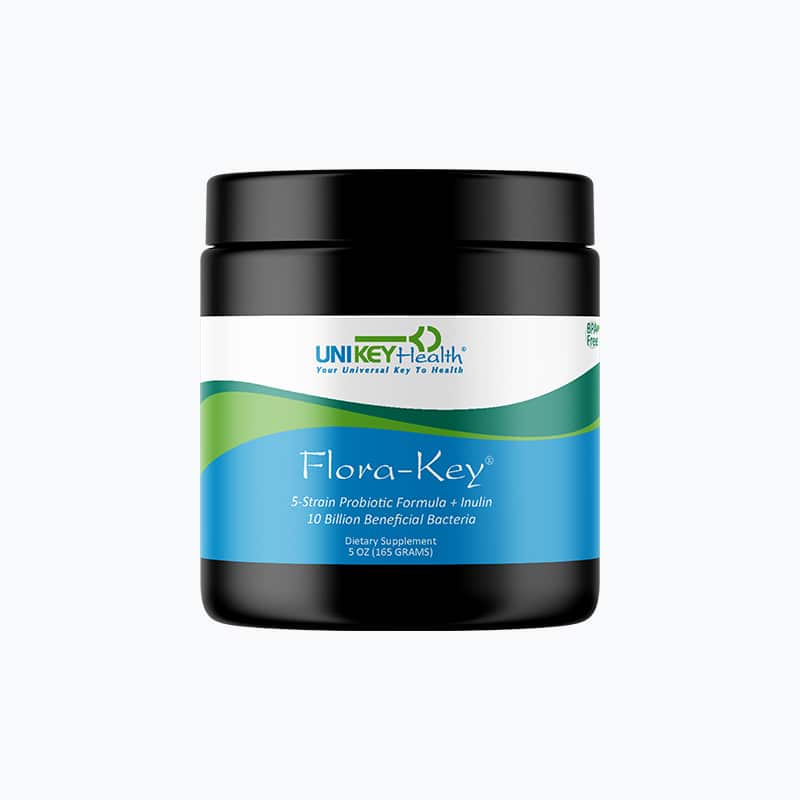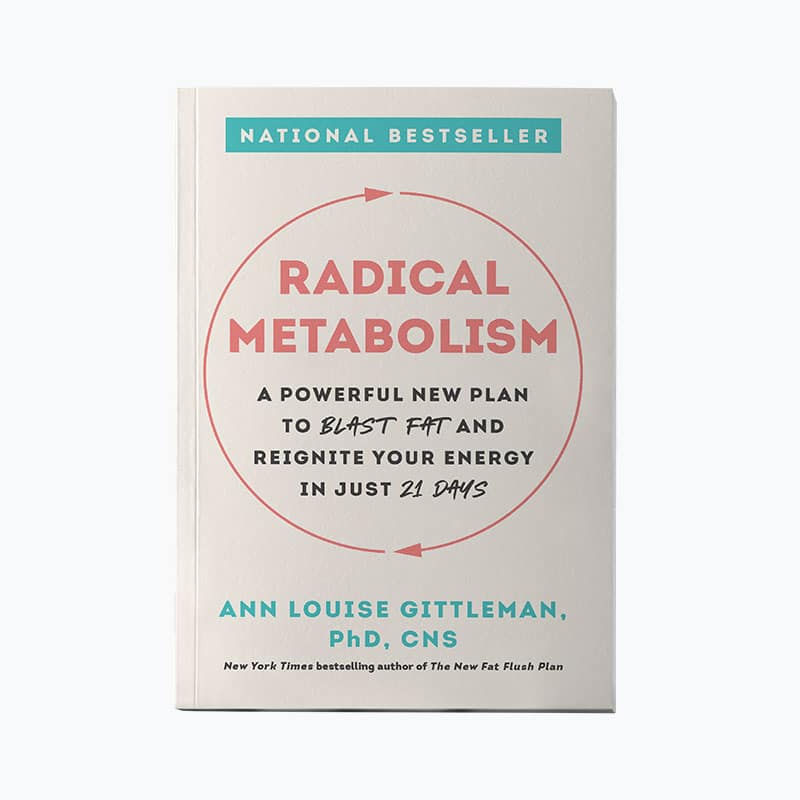SIBO occurs when the bacteria that help us break down bile salts and waste products (that are essential to the health of the colon), move up into the small intestine where they cause gas, bloating, diarrhea, constipation, abdominal pain, and even weight gain as a result of nutrient deficiencies and fat malabsorption.
Since nearly 75% of your immune system lives in the gut, this overgrowth can have far reaching implications. Thanks to the work of experts like my friend Dr. William Davis, we now know that SIBO is suspected to be a “dual diagnosis” in a startling “who’s who list” of ailments and diseases – think diabetes, obesity, fatty liver, IBS, Crohn’s, Alzheimer’s, Parkinson’s and even Restless Legs Syndrome. Just look at some of the statistics:
- Obesity – SIBO present in 23-89% of cases
- Diabetes – SIBO present in 11-60% of cases
- Irritable Bowel Syndrome – SIBO present in 35-84% of cases
- Fatty Liver – SIBO present in 40-60% of cases
- Autoimmune diseases – SIBO present in about 40% of cases
- Skin rashes (Rosacea, psoriasis, eczema) – SIBO present in 40-50% of cases
- Restless Leg Syndrome – SIBO present in up to 100% of cases!
So how do you know if you have SIBO?
There are a wide range of symptoms including:
- Gas and Bloating
- Diarrhea and/or Constipation
- Abdominal pain and cramping
- Food allergies and intolerances, including lactose fructose, and Histamine Intolerance
- Hypochlorhydria (low stomach acid), Leaky Gut, Irritable Bowel Syndrome (IBS), Celiac Disease, or Inflammatory Bowel Disease (IBD)
- Liver Cirrhosis, Bile issues and Fat Malabsorption (greasy or pale smelly stools and short transit times)
- Vitamin and Mineral deficiencies, especially Vitamin B12, Calcium and Zinc
- Osteoporosis
- Unintended weight loss or weight gain
- Fatigue, Chronic Fatigue Syndrome, Fibromyalgia, and Autoimmune Diseases
SIBO is generally diagnosed with an at-home breath hydrogen or breath methane test that can be ordered by a health care practitioner. From there, antibiotics are often prescribed, but often don’t address the root cause. Natural antibacterials like berberine, grapefruit seed extract and/or silver hydrosols can be helpful, but there are a number of underlying root causes to also consider. Check out these articles to learn more:
Natural Remedies for Bloat-Free Digestion
Beat the belly bloat and shrink your stomach with these simple natural remedies. If you wake up in the morning with a flat belly but bloat so much your pants don’t fit by the end of the day, then...
The Newest GI Epidemic: SIBO and Fatty Liver Disease
Bad bacteria, like the ones that cause food poisoning, could also be causing your SIBO, and surprisingly, Fatty Liver Disease as well. You’ve heard it from me countless times over the years – your...
Is SIBO the Reason You Can’t Lose Weight?
If you wake up in the morning with a flat belly, but bloat so much you look six months pregnant by the end of the day, then SIBO may be the reason you can’t lose weight. With obesity rates on the...

If you’re one of the 50% of people with low stomach acid, your gut is a prime target for SIBO to occur. Supplement with HCL, pepsin and ox bile daily to optimize stomach acid levels, and maintain an inhospitable environment for bacterial overgrowth.
Surprisingly, digestive discomfort like heartburn, acid reflux and GERD are often signs of LOW, not high levels of stomach acid (HCl). By supplementing with HCl, you can often help alleviate these concerns and build up your first line of defense against bacteria and pathogens. Here’s my go-to HCL+2 formula.
You can measure your levels by taking this quick and easy HCl Challenge: https://annlouise.com/articles/diet-detox/the-digestive-glitch-that-blocks-weight-loss/
3 Tips to Prevent LEAKY GUT SYNDROME
In this short video, learn about three things you can do to help prevent leaky gut syndrome. Leaky gut occurs when particles and microbes that aren’t usually able to cross the epithelial barrier escape – this intestinal permeability means that toxins in your gut can end up in your bloodstream. Science suggests that dysbiosis (an imbalance of bacteria in the gut), like that caused by SIBO, is the leading cause of leaky gut. And, it goes both ways, so they are intimately related.
Surviving and Thriving with SIBO – Episode 117
SIBO (small intestinal bacterial overgrowth) is a burgeoning concern. On this brand new podcast episode, my guest Krystyna Houser, author of “The Good LFE Cookbook,” shares about her own journey overcoming SIBO, and how it inspired her to help others with the same diagnosis. We discuss the entire process from testing and diagnosis to treatment and beyond. Krystyna’s work specializes in low fermentation, which is diametrically opposed to what is popular these days, so don’t miss this scintillating interview!
SIBO (small intestinal bacterial overgrowth) has become a gut health buzzword in recent years and is becoming a more common diagnosis. My gut feeling is that while its prevalence has increased with our modern diet and lifestyle, it’s also been underdiagnosed for years.
Get Your Gut In Gear
Flora-Key is the go-to probiotic formula that I’ve recommended to my clients and readers for years. It contains 10 billion CFUs per serving with five strains of bacteria including Lactobacillus reuteri which has the ability to colonize in the upper-GI tract where SIBO resides and is especially helpful to prevent frequent recurrences of SIBO after eradication. You will want to consider taking L. reuteri separately while treating SIBO and hold off on other common strains. It’s also important to remember that sometimes less is more when it comes to probiotics. If a probiotic contains more than 10 billion CFUs, I’ve found that it can trigger an autoimmune response in some individuals.












I bought your new fat flush book, will following your plan in it be enough to get rid of SIBO, or is there something in addition to that you recommend?
Hi Nicole – You will need to address with supplements in addition to diet. HCL connection is a big one, as well as other solutions mentioned in this blog.